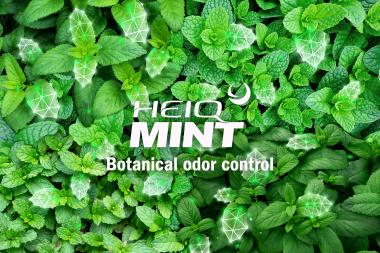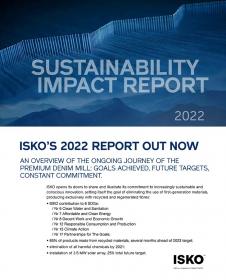New Ingeo™️ PLA Biopolymer Manufacturing Facility in Thailand
NatureWorks, the manufacturer of low-carbon polylactic acid (PLA) biopolymers made from renewable resources, hosted a cornerstone laying ceremony to celebrate construction of their new Ingeo™️ PLA manufacturing complex in Thailand. The ceremony which took place on February 1st, 2023 commemorated the progress made to date on the new fully integrated biopolymer facility. The day also featured a ceremonial groundbreaking that mirrored the ceremony held in Blair, Nebraska, USA in 2000 when NatureWorks began construction on the world’s first commercial scale PLA manufacturing facility.
The new manufacturing facility located on the Nakhon Sawan Biocomplex (NBC) in Nakhon Sawan Province, Thailand is designed to be fully integrated including production sites for lactic acid, lactide, and polymer. With completion expected in the second half of 2024, the manufacturing site will have an annual capacity of 75,000 tons and will produce the full portfolio of Ingeo biopolymer grades.
The expanded global production of Ingeo biopolymer will support growth in markets including 3D printing and hygiene as well as compostable coffee capsules, tea bags, flexible packaging, and food serviceware that demand sustainable, low-carbon biomaterials and require the high-performance attributes that Ingeo is uniquely suited to deliver.
“This ceremony is a meaningful milestone for the entire NatureWorks team,” said Rich Altice, president and CEO of NatureWorks. “For the last three decades, we have not only been building a company and manufacturing facilities, but also a whole new industry and market for low-carbon, renewable biomaterials that are revolutionizing the sustainability and safety of packaging and product materials used in our everyday lives.”
NatureWorks





























